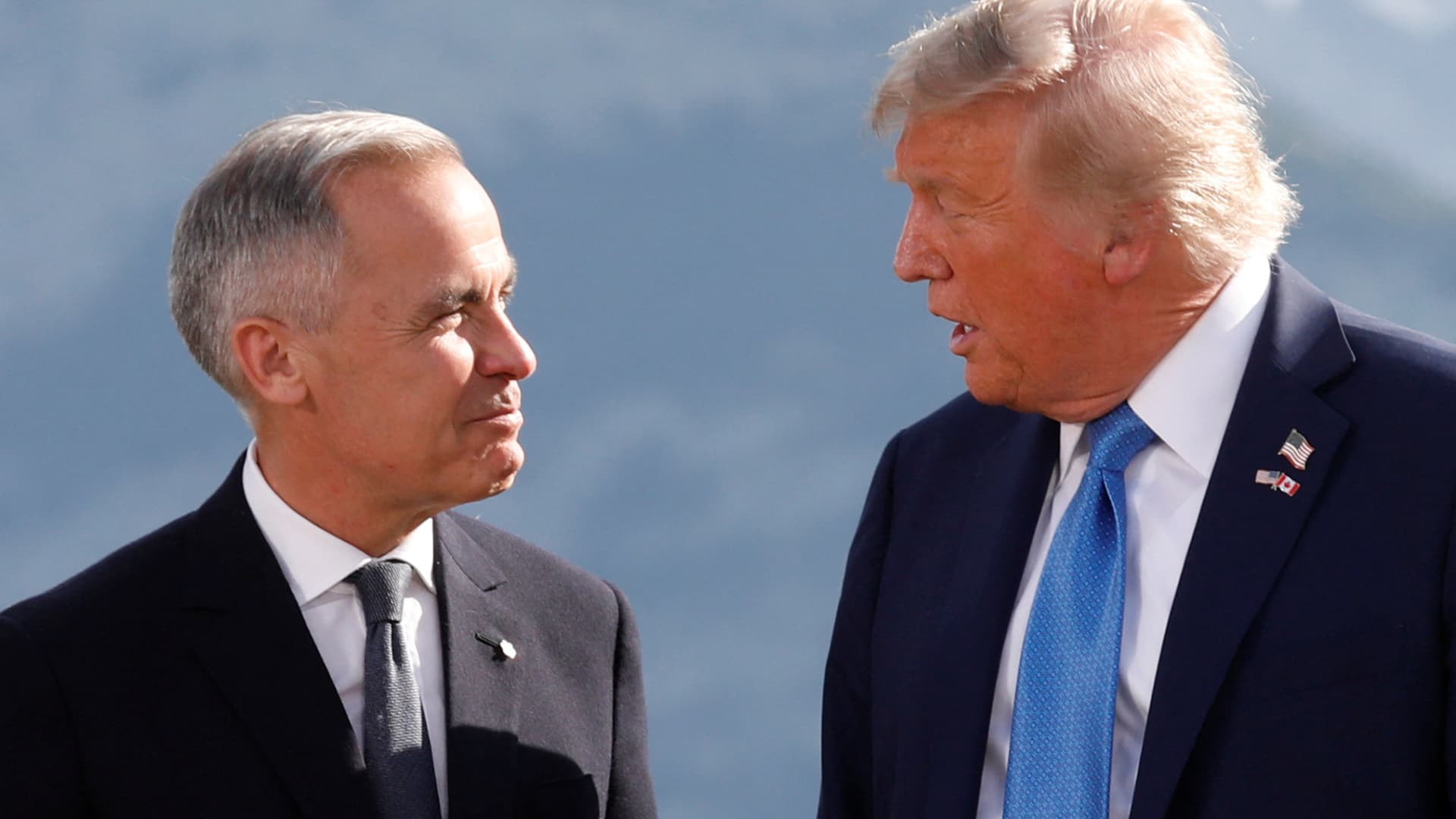- cross-posted to:
- politics@lemmy.world
- cross-posted to:
- politics@lemmy.world
Donald Trump on Thursday announced a 35% tariff on Canadian imports, starting Aug. 1, citing that Ottawa had retaliated with tariffs against Washington.
“Instead of working with the United States, Canada retaliated with its own Tariffs,” Trump said in his letter to Mark Carney, prime minister of Canada, posted on Truth Social.



Honestly, is there anything stopping a country from just “mirroring” US tariffs? US gives them X% tariffs, they give the US X% tariffs back. Is this feasible? Or is it a crappy idea?
China pretty much did it, and they ended up with 30% - for now, as that may change in August, or at any given moment, of course. Their example, and also the examples of UK and Vietnam, may be used both to argue that escalation is not the solution, and nothing, including whatever concessions, lets anybody to escape tariffs completely; but also that maybe China still got the best it could get out of its tough stance. China, of course, is perhaps not the best example to follow, as they had the most leverage of all against US. EU is now the next in line.
As counterintuitive as it may be, it may be wisest not to retaliate, and just accept the US tariffs as they come, because any broad tariffs this high damage first and foremost the tariffing country. So the best way forward may well be to let the US screw itself with its tariff policy, and wait until somebody with an ounce of brain comes to power there.
I think this is what Europe has done in the past, however you want to target products that don’t damage your own economy by making them more expensive. That seems harder to do.
EU targeted products from Republican heartlands, it was an excellent move.